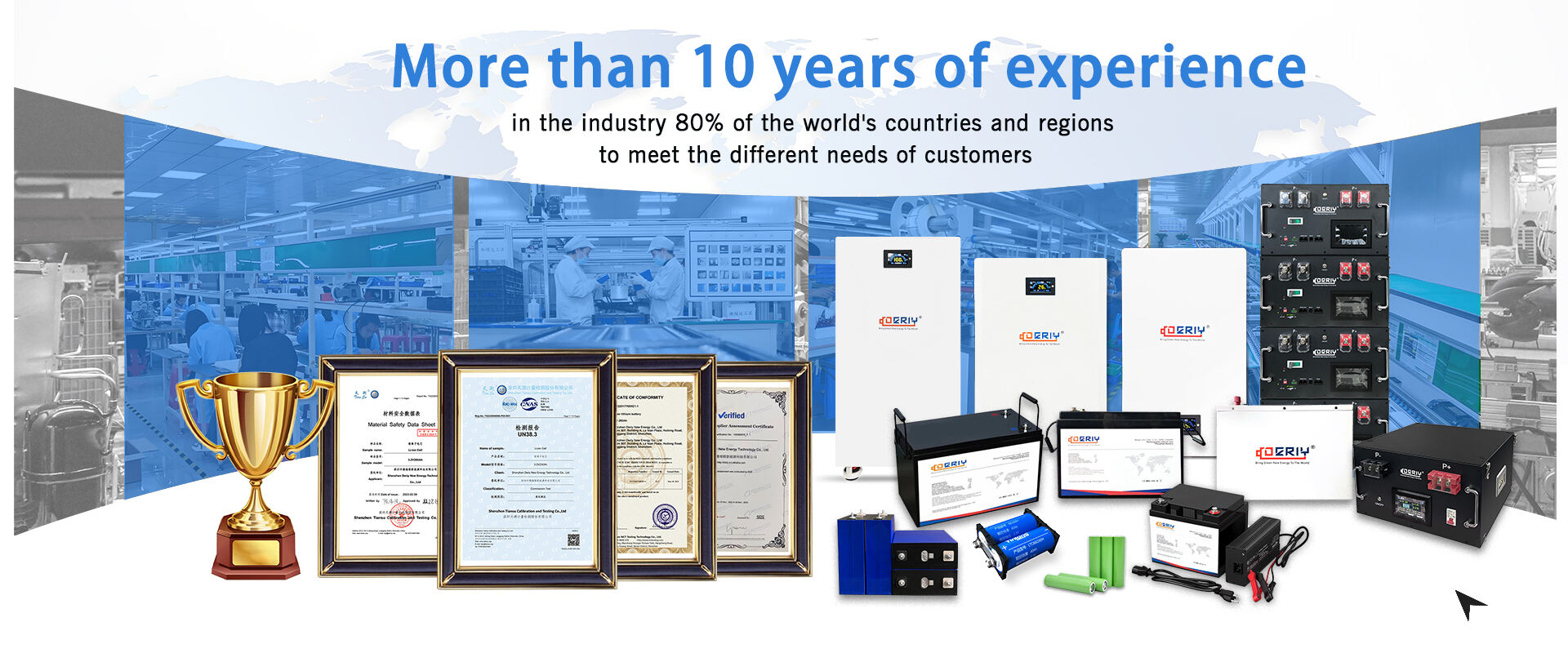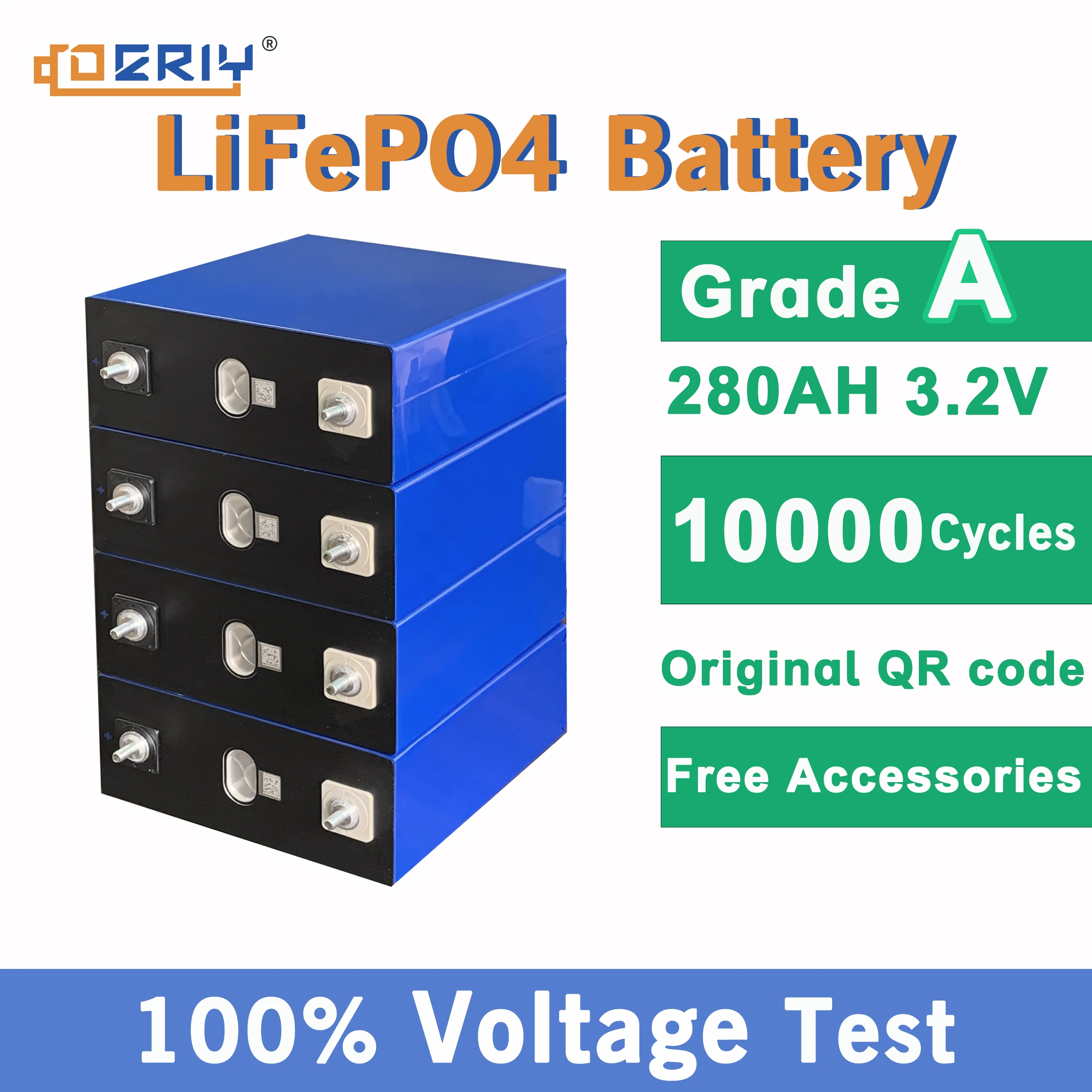Energy Independence
By using solar batteries in a solar energy system, users can achieve a certain degree of energy independence. They can store excess solar - generated electricity and use it during periods when sunlight is not available, such as at night or on cloudy days. This reduces dependence on the grid and can even provide power during grid outages, ensuring continuous power supply for essential needs.

